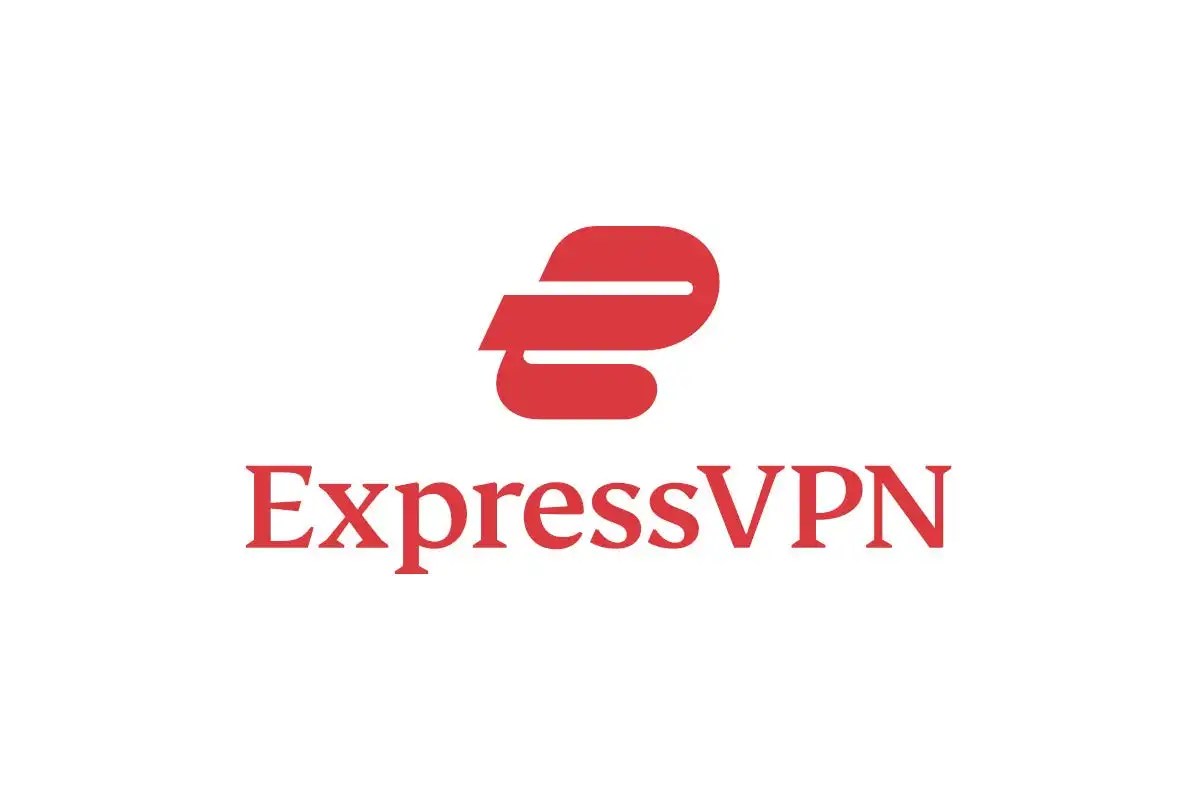Privacy issues with top free Android VPNs puts 2.5 billion users at risk
According to a recently released study by Top10VPN, nearly all popular free VPNs through the Google Play store have potential privacy issues. Almost 90 percent suffer from data leaks, over two-thirds share your personal data with third parties, and almost one fifth of the VPNs tested were flagged as suspected malware by antivirus scanners.
These are just some of the alarming findings uncovered by the report which analyzed the source codes and network traffic for the 100 most popular free Android VPNs on Google’s Play store. In his exhaustive study, Simon Migliano, head of research at Top10VPN, spent months researching and compiling data on the security and privacy flaws of these apps.
A VPN works by shielding your IP address and obscuring your browsing activity from view by outside parties (ISPs, networks, and other third-parties). VPNs provide a secure tunnel from your device to their server and then out to the open internet with end-to-end encryption. It’s imperative then that the VPN company is trustworthy as all of your data flows through their servers.
Most of the best VPNs, often with paid subscriptions, use cutting edge privacy and security tools such as RAM-only servers and military-grade encryption. They also undergo frequent independent audits on their servers to prove that no user data is being logged. Unfortunately, this is seldom the case with free VPNs which are only becoming more common.
The number of free VPN users has ballooned in the last few years according to Migliano, “The 100 most popular free Android VPNs had around 260 million total installs in 2018. Today, that number exceeds 2.5 billion.” And according to his latest study, almost all of these users are unwittingly putting their privacy and security at risk by using these apps.
While there are still some trustworthy free VPNs, most others are just used as ways of generating advertising dollars for their developers. The revenue structure of free VPNs means that they need to rely on money from third-parties. This usually takes the form of injecting ads and other marketing materials into their services, often at the expense of their users.
An alarming 71 percent of these free VPNs share personal data with third-party advertisers. Almost one-third even go so far as to collect your data themselves and sell it for profit—defeating the purpose of using a VPN to protect your data in the first place.
looking to get a new vpn service? check out our top pick ExpressVPN for Android Price When Reviewed:
Free
Best Prices Today:
Free at Google Play
Price When Reviewed:
Free
Best Prices Today:
Free at Google Play
The usage of free VPNs is expected to continue to increase in the coming years as the market sees exponential growth. As more and more users seek out free options, they need trustworthy apps. This is especially true as for those in dire need of security and privacy due to a troubling rise in internet shutdowns recently.
While I always recommend that people opt for a reliable paid service, if you decide that you need a free VPN for any reason then it’s best to stick with a freemium option. Trustworthy services such as ProtonVPN offer most of the features of their paid VPN with limitations on their servers and device connections free of charge.
Some premium VPNs such as Surfshark and IPVanish also offer completely free emergency subscriptions for certain individuals in high-risk situations such as journalists, NGOs, and activists. You can reach out to these companies for more info if you believe you’re at risk.
VPN